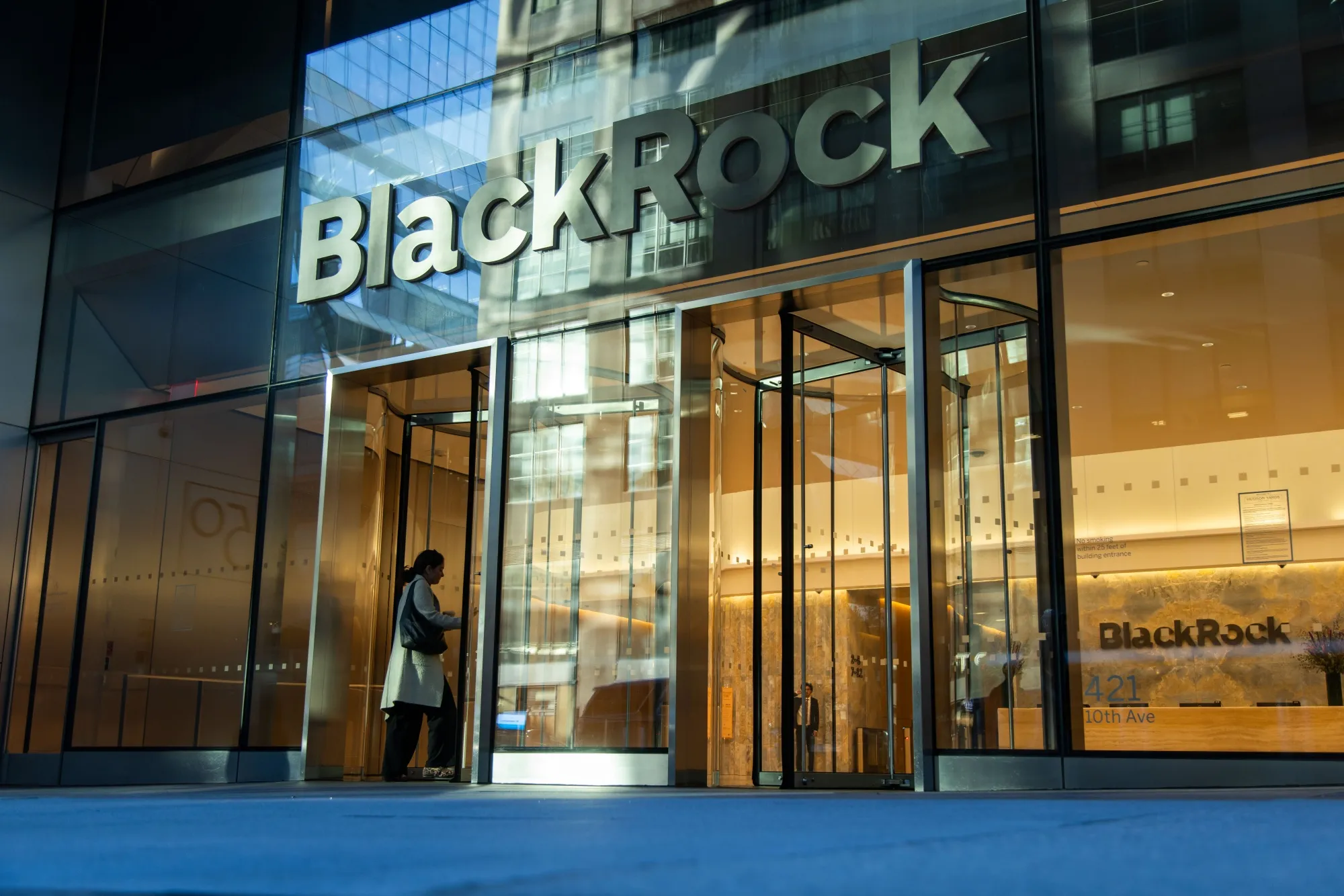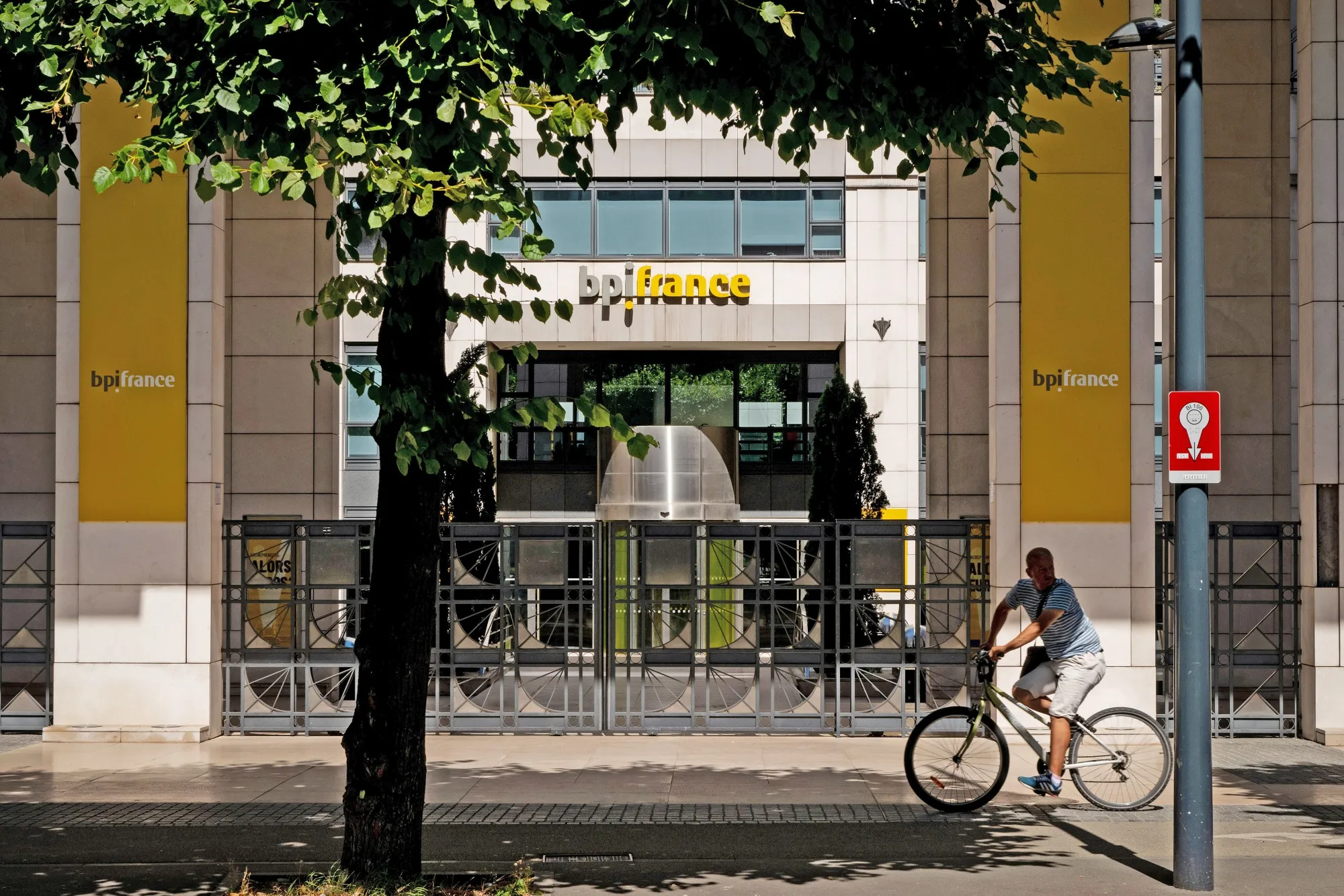The UK’s financial regulator is planning to overhaul its listing rules in a bid to entice more companies — and tech companies in particular — to list on the London Stock Exchange. But tech investors and founders say the changes alone won’t be enough to entice fast-growing companies to choose the financial hub as a base over the US.
The new rules would scrap the requirement for companies to have three years of audited financial accounts before listing, making it easier for fast-growing tech startups to access the financial markets. They would also allow founders to hold shares with more voting rights.
"Streamlining the UK's listing rules is a positive step towards creating a more dynamic and competitive capital market here in Britain,” said Haakon Overli, general partner at VC firm Dawn Capital.
However, investors say, these reforms need to be accompanied by a broader maturation of the ecosystem — including more growth capital and experienced advisers and analysts — to really have an impact.
So far in 2023, London’s stock exchange has secured just six new listings, compared to 34 in the rest of Europe. Cambridge-founded chip designer Arm — previously listed in the UK before it was taken private — has opted to list in New York this year. Hermann Hauser, who helped design Arm's chip tech in the 1980s, told the BBC this week that “because of the Brexit idiocy the image of the London Stock Exchange has suffered a lot in the international community".
Depth of the ecosystem
Stan Laurent, partner at VC firm Highland Europe, thinks the changes will only make London a more attractive place to list if the ecosystem as a whole matures.
“The bigger topic is whether there is the depth of market for innovative companies here in general. It’s an ecosystem you need to build over time — of not only companies but also the investors and the analysts, experienced board members and advisers. All of that ecosystem which the US has plenty of needs to be replicated.”
The regulator has done its bit — but it remains to be seen if the rest of the pieces slot into place.
“Banks are going to have to believe in the potential of that market and invest in some of that analyst resource. Private investors need to gain conviction that the market is going to be liquid and a good environment for companies to thrive. And founders will need to feel comfortable that they’re going to have the right level of ongoing support,” Laurent says.
Risky business
On Sky News on Wednesday, the Financial Conduct Authority’s CEO Nikhil Rathi said the regulator had proposed the new rules to “make it easier for companies that have recently started to access the financial markets”.
“Sometimes these startup companies — especially tech companies — can grow incredibly fast… They can go from having very low market share to being very large companies. We want to make sure founders who are scaling up have the ability to access public markets.”
The bigger topic is whether there is the depth of market for innovative companies here
He acknowledged that the move “brings with it more risk” — and that investors would, under the changes, be “taking on more obligations to value companies” themselves.
“The general tone of reducing a little bit the strait-jacket and indeed handing over responsibility to investors is generally a positive one,” Laurent tells Sifted.
But he doesn’t think the change to reporting requirements will make much of a difference to the kinds of startups that end up listing. “It is not a major change. You have to keep in mind, you only list if you have proper support from potential investors, and investors will continue to demand proof points of various sorts. Those might evolve over time, and sometimes they might get carried away, but in the end you have to do what you need to do to convince investors.”
London listings
In 2021, a record 54 high-growth companies — including tech companies — listed on the London Stock Exchange, raising £3.12bn in total, according to Beauhurst.
However many of those businesses — including some much-hyped public debuts like Darktrace, Deliveroo and Wise — have since seen their share prices tumble amid a broader equity rout. Some, like online retailer Made.com, have even gone into administration.
2022 was a much less ebullient year for the exchange, which saw a 82% decline in the number of listings. Just 10 high-growth companies went public last year.
Dawn’s Overli adds: “Now the government must double down on its promises to help defined contribution pension funds invest in early-stage companies to provide much needed capital for growth and further look at how to best provide information on companies post listing.”



